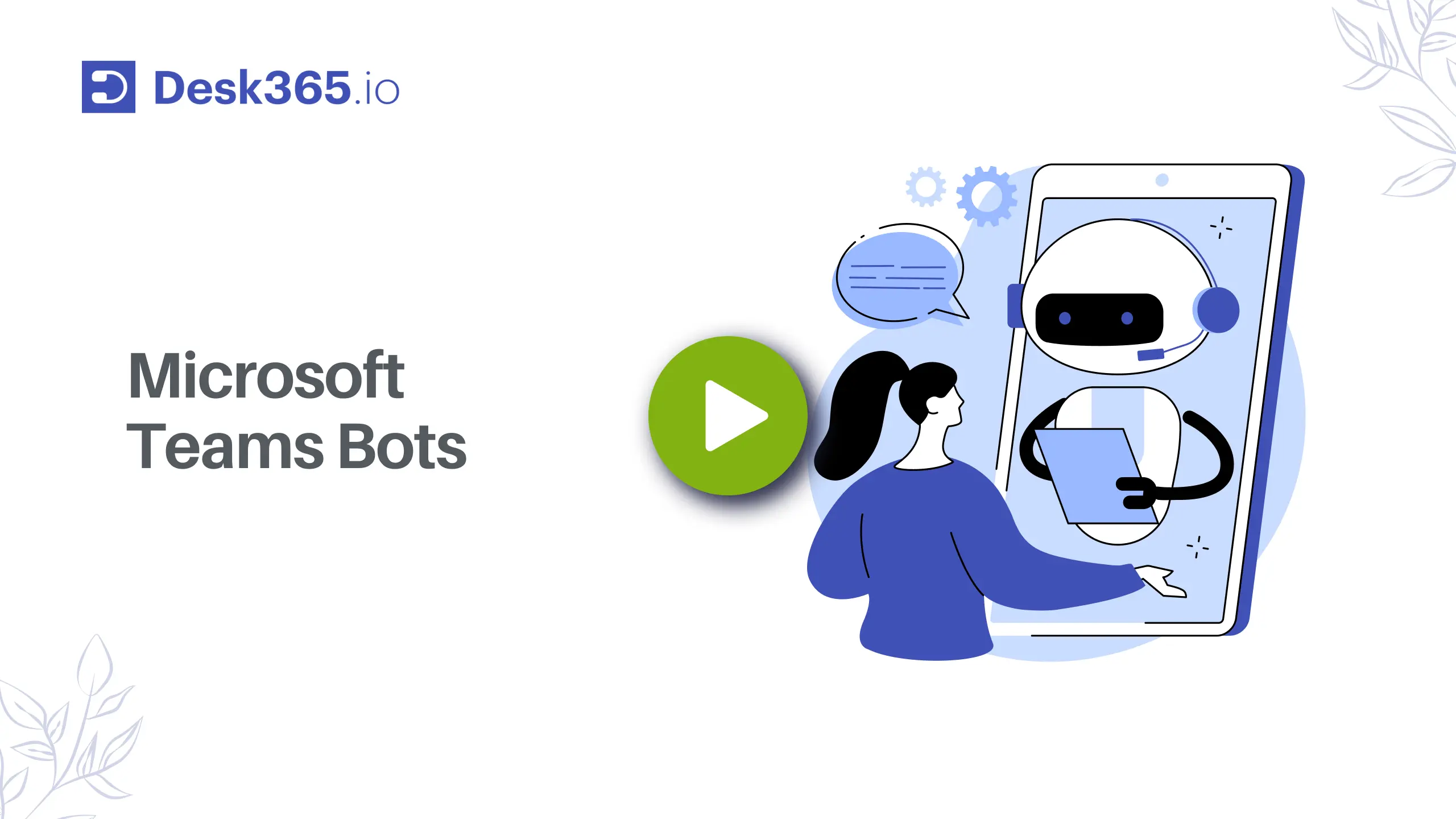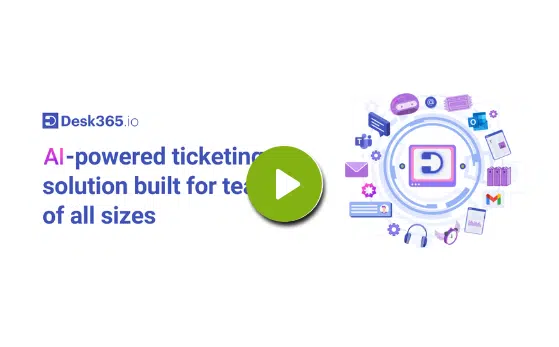Earlier this month, Zendesk announced the retirement of Zendesk Sell — their sales CRM product, effective August 31, 2027. While Sell customers have some time to plan, the news is already creating a ripple effect across the CRM and support world.
For businesses relying on Sell, this isn’t just a change of software, it’s a full-scale migration challenge. Teams must figure out:
- How to move data safely without losing context
- How to retrain staff on a new CRM
- How to maintain sales and support workflows without disruption
As many SMBs are realizing, switching CRMs is rarely seamless. On Reddit, users are already sharing their experiences and concerns:
“This stings for SMBs. The company I’m at is dealing with this right now… Pipedrive is easy to swap, QB native, Xero via 3rd party… but it doesn’t do everything we need.”
“Any CRM created by a dev team that built something else and then thought it would be smart to add CRM is guaranteed to miss the mark compared to a purpose-built CRM for customer-facing team members.”
Even Zendesk’s own referral, Pipedrive, solves some issues but is a generic sales CRM, not optimized for complex SMB workflows or tight accounting integrations. Users report trade-offs, like missing native Xero integration, and gaps in automating service-specific processes.
Why this matters: The pitfalls of “all-in-one” platforms
The Zendesk Sell retirement is emblematic of a larger industry trend: all-in-one tools rarely satisfy every team’s needs. They often promise seamless integration between sales, support, marketing, and analytics, but in practice, these platforms underdeliver in specialized areas.
For support teams, this often means:
- Disrupted workflows: When a platform shuts down, your ticketing, reporting, and automation processes can break.
- Data headaches: Exporting and migrating customer and activity data is error-prone, with some fields impossible to transfer.
- Training and adoption costs: Staff must learn new interfaces, automation, and reporting, which slows down daily operations.
Reddit users express the pain vividly:
“Thankfully there are many options nowadays. What was the main differentiator for Zendesk sales? The seamless integration with Zendesk Support.”
This underscores a key lesson: specialized, purpose-built tools provide reliability and continuity that all-in-one products struggle to deliver.
Desk365: Best-in-class helpdesk without compromise
At Desk365, we take a different approach. Rather than spreading ourselves thin across sales, marketing, and support, we focus on being best-in-class in helpdesk and support. This focus allows us to deliver features and reliability that generalist platforms cannot match.
Key benefits for teams considering a helpdesk migration:
- Seamless migrations: Desk365 makes it easy to import tickets, contacts, and customer histories from other platforms, reducing the operational disruption typical of CRM transitions.
- Omnichannel support: Email, chat, Microsoft Teams, and support portals all feed into one interface, without forcing you to compromise on features.
- Powerful automation: Advanced workflows, SLAs, AI-driven ticket categorization, and smart reporting let support teams scale without sacrificing quality.
- Integration-ready: Desk365 works smoothly with Microsoft Teams or any other tool you already use, so you can build a best-of-breed tech stack, instead of betting on one platform to do everything.
- Future-proof growth: Our roadmap is fully focused on helpdesk innovation, meaning updates and AI-driven features are built for support, not stretched across unrelated products.
Why SMBs should think beyond all-in-one
The Reddit comment shows that SMBs are already weighing alternatives:
“Pipedrive…doesn’t do everything we need. Nutshell seems to offer most functions for lowest cost… Salesflare is super light, auto data capture is legit.”
The takeaway? SMBs want systems that:
- Solve core problems deeply (not superficially across multiple domains)
- Integrate well with existing software
- Minimize operational disruption during transitions
Desk365 hits all three marks for helpdesk teams. Instead of risking the next Zendesk Sell scenario, businesses can adopt a specialized, reliable platform that supports current workflows and grows with the team.
Planning your transition
If your team is currently on an all-in-one platform like Zendesk Sell, here’s a checklist:
- Audit your workflows: Identify what works today and what must move to the new system.
- Export critical data: Contacts, tickets, notes, tasks, anything essential for day-to-day operations.
- Evaluate specialized tools: Look for solutions that excel in the areas you care about most.
- Test integrations: Ensure your new platform connects with CRM, accounting, and communication tools.
- Train your team early: Smooth adoption reduces downtime and maintains customer experience.
For teams seeking a helpdesk solution that is both robust and easy to migrate into, Desk365 provides a clear path forward, keeping your support operations uninterrupted while leveraging best-in-class tools for real growth.
Zendesk Sell’s retirement is more than a product sunset; it’s a reminder that expertise-driven tools outperform all-in-one platforms. SMBs and growing companies need systems that focus on doing one thing exceptionally well, not several things poorly.
With Desk365, your support team gets a purpose-built, reliable helpdesk that integrates with your tech stack, scales effortlessly, and ensures your customer experience never skips a beat. Explore Desk365 with a 21-day free trial.







